Celiac Disease And Liver Enzymes
Celiac disease and liver enzymes. Isolated hypertransaminasemia with mild or nonspecific histologic changes in the liver biopsy also known as celiac hepatitis is the most frequent presentation of liver injury in celiac disease. Celiac disease may also be associated with severe forms of liver disease andor coexist with other chronic liver disorders ie autoimmune liver diseases. Moreover celiac disease can coexist with autoimmune liver disorders such as autoimmune hepatitis primary biliary cirrhosis and primary sclerosing cholangitis.
Celiac and the Liver Celiac disease is commonly associated with liver damage. Following a gluten free diet is necessary of course but it is often not sufficient to improve liver health and normalize liver enzymes. A gluten-free diet normalizes liver enzymes and histologic changes in most patients.
Celiac disease can potentially cause serious liver harm. Liver enzyme levels are expected to improve or normalize on a gluten-free diet in 6-12 months in celiac hepatitis. Not all liver diseases are gluten-related.
Many feel no symptoms from these mild to moderate rises. Following a gluten-free diet can help return your liver enzymes to normal levels. Lack of improvement in patients who have strictly adhered to gluten-free diet should prompt further workup for other causes of liver disease.
More than half of untreated Celiacs have elevated liver enzymes. Celiac disease found in 10 of patients with unexplained abnormal liver panels and 35 of patients with NASH Anyone with bump in liver enzymes should be screened for celiac disease and given gluten-free diet option. Patients with celiac disease should have liver enzymes routinely checked.
Celiac Disease and Elevated Liver Enzymes. Linda Beenet Department of Pathology Laboratory Medicine University of California Los Angeles UCLA Technology Center for Genomics Bioinformatics Los Angeles CA USA. More-over celiac disease can coexist with autoimmune liver disorders such as autoimmune hepa-titis primary biliary cirrhosis and primary sclerosing cholangitis.
All patients with unexplained elevations of liver enzymes should be screened for celiac disease as nine percent of patients with ab - normal liver chemistries are diagnosed with celiac disease. Alcoholic hepatitis severe liver inflammation caused by excessive alcohol consumption Autoimmune hepatitis liver inflammation caused by an autoimmune disorder Celiac disease small intestine damage caused by gluten.
A gluten-free diet normalizes liver enzymes and histologic changes in most patients.
Celiac disease may also be associated with severe forms of liver disease andor coexist with other chronic liver disorders ie autoimmune liver diseases. Following a gluten free diet is necessary of course but it is often not sufficient to improve liver health and normalize liver enzymes. Celiac disease found in 10 of patients with unexplained abnormal liver panels and 35 of patients with NASH Anyone with bump in liver enzymes should be screened for celiac disease and given gluten-free diet option. Alcoholic hepatitis severe liver inflammation caused by excessive alcohol consumption Autoimmune hepatitis liver inflammation caused by an autoimmune disorder Celiac disease small intestine damage caused by gluten. Celiac disease may cause elevated liver enzymes. Both histologic changes and liver enzymes reverse to normal after treatment with a gluten-free diet in most patients. Celiac disease has increasinglybeenreportedwithavarietyofotherliverdiseasesThusthehepatologistneeds. People with celiac disease may have mild to moderately elevated liver enzymes at the time of diagnosis. Celiac disease can potentially cause serious liver harm.
Dressed the issue of liver enzyme elevation in celiac disease CD patients1 The Authors reviewed in detail the most relevant stud-ies reporting the frequency of liver enzyme elevation in CD patients and the possible causes discussing the hypothesis that this elevation may be a clue to associated liver disease. A gluten-free diet normalizes liver enzymes and histologic changes in most patients. Celiac disease found in 10 of patients with unexplained abnormal liver panels and 35 of patients with NASH Anyone with bump in liver enzymes should be screened for celiac disease and given gluten-free diet option. Celiac disease is an autoimmune disease. Patients with celiac disease should have liver enzymes routinely checked. Liver enzyme levels are expected to improve or normalize on a gluten-free diet in 6-12 months in celiac hepatitis. People with celiac disease may have mild to moderately elevated liver enzymes at the time of diagnosis.












/GettyImages-639778094-5afebc276bf0690036630864.jpg)
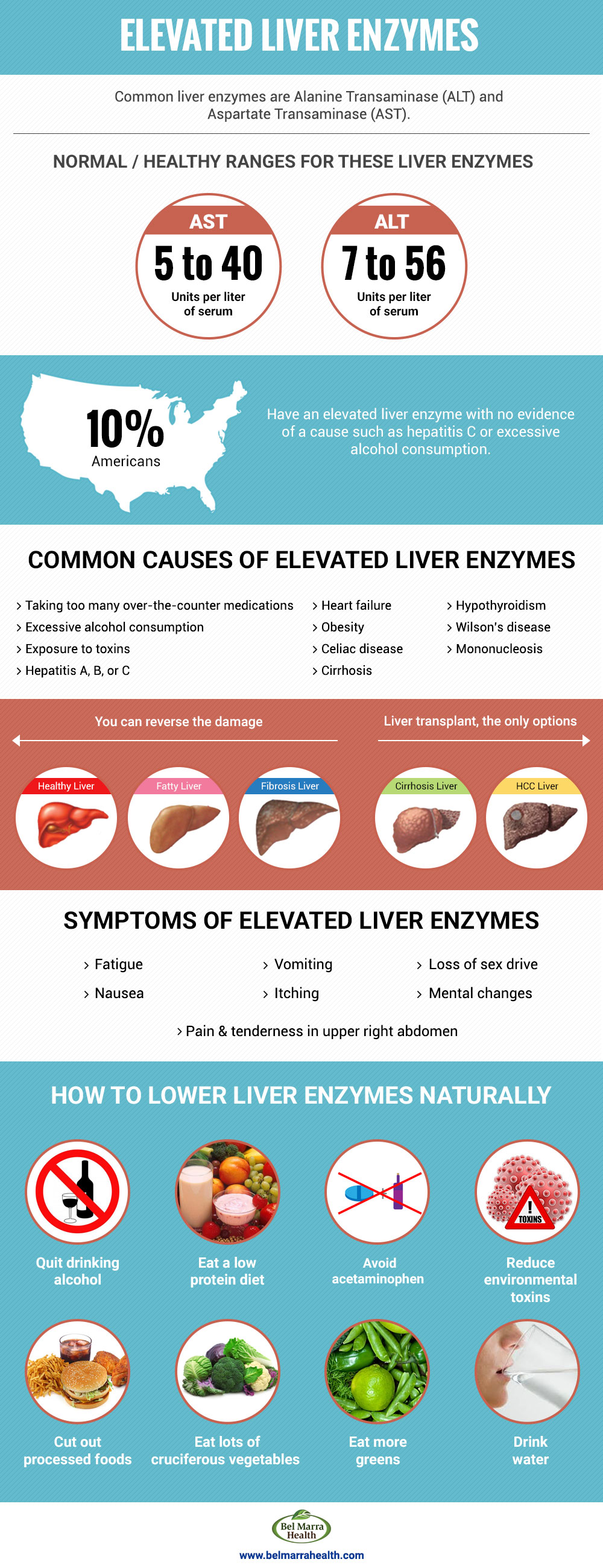














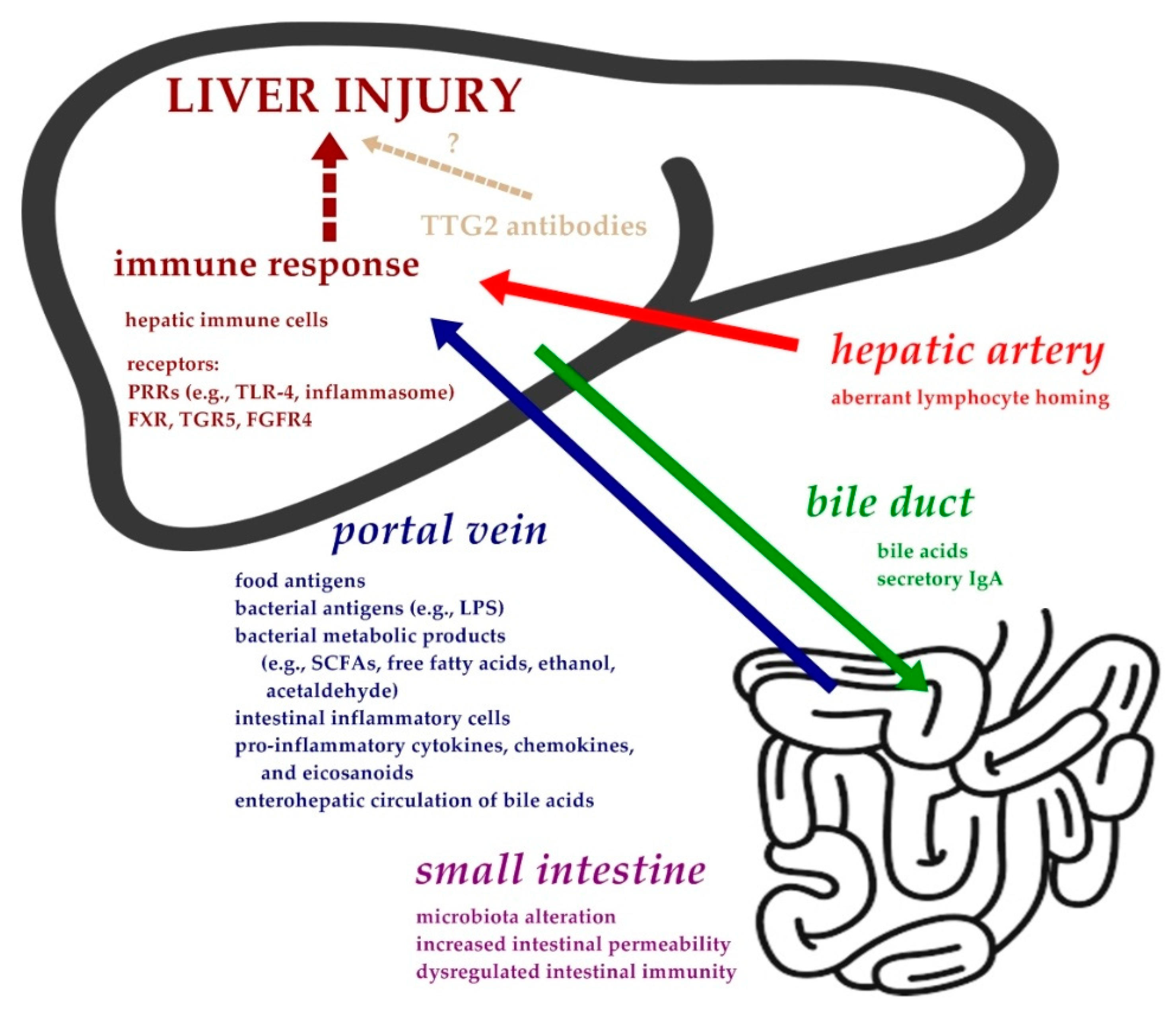




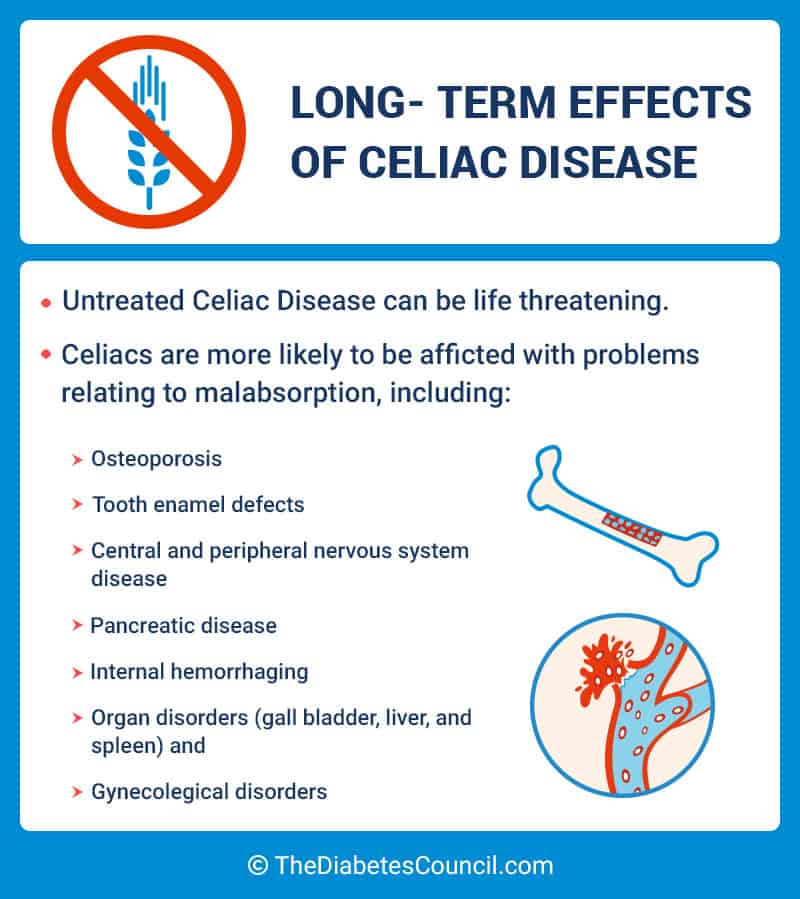

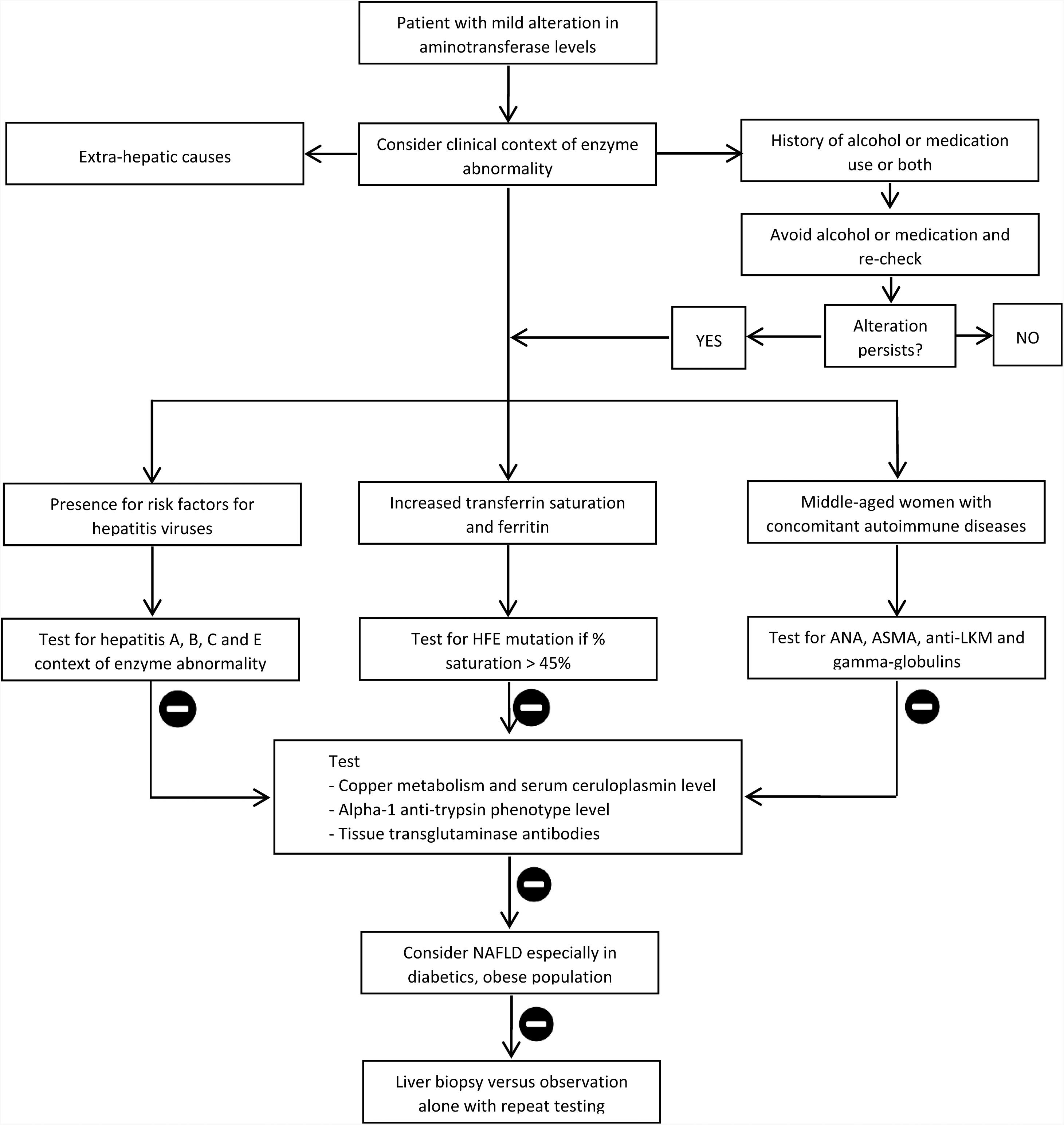



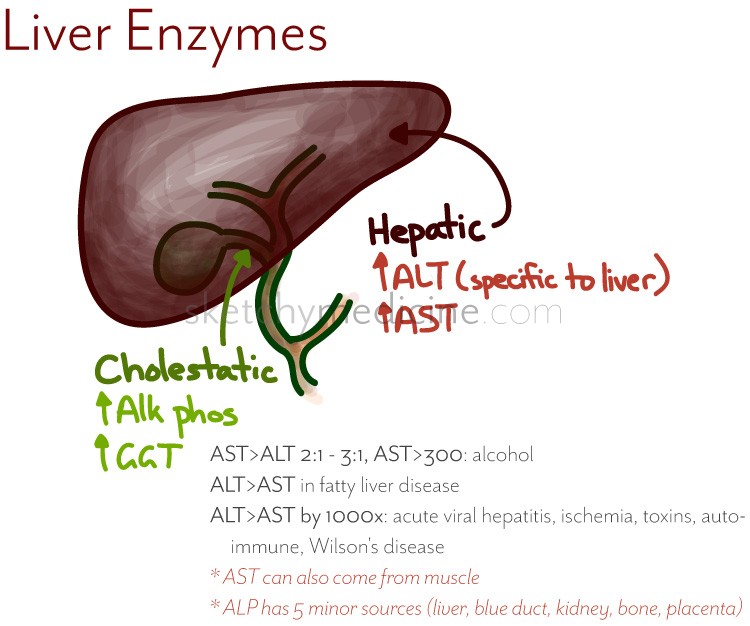
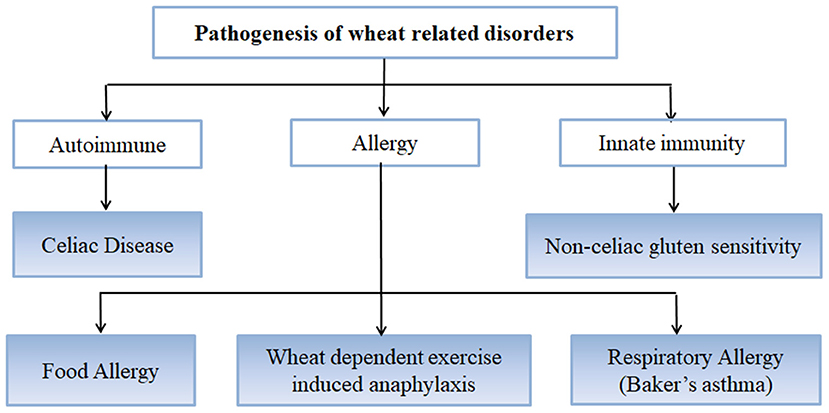

Post a Comment for "Celiac Disease And Liver Enzymes"